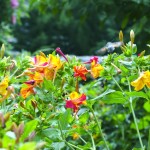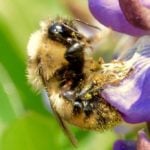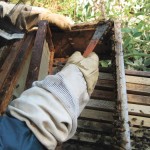Some Manitoba beekeepers have seen honey production drop this summer as hot, humid weather increased the number of hives that split due to swarms. “It’s usually the humidity and the higher temperatures that make the bees and the hives feel hot, the same way that we do,” said Waldemar Damert, president of the Red River












